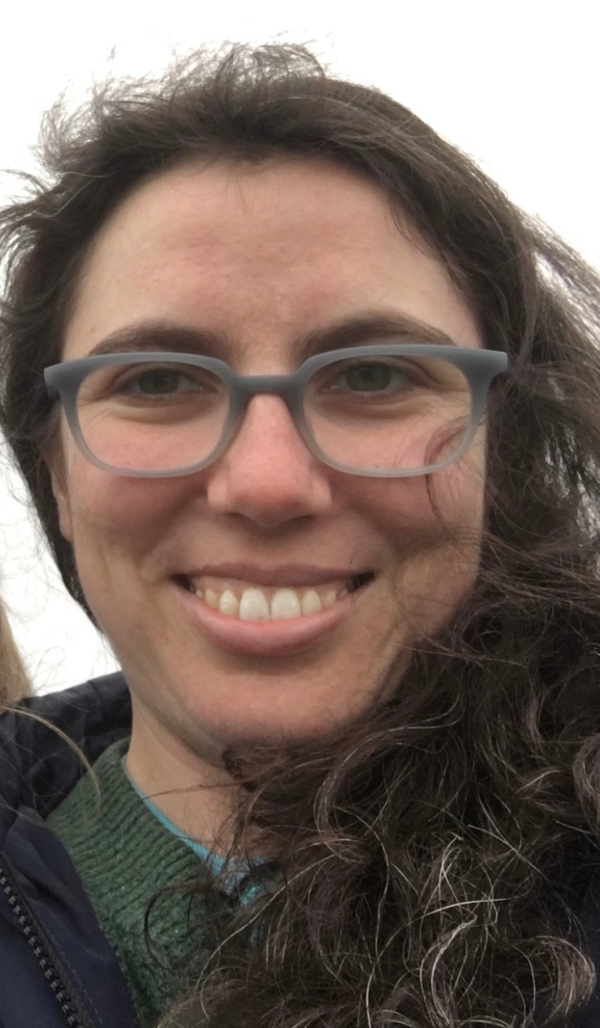Spotlight on Kaethe Minden, Faculty in Science, Mathematics, and Computing

Simon’s Rock faculty member Kaethe Minden, assistant professor of mathematics, recent Simon’s Rock graduate Emma Hasson, and Columbia University 3-2 Combined Plan student Yolanda Zhu have recently been recognized as published authors for their research paper Uniquely completable and critical subsets of the integer addition table which was issued in the Australasian Journal of Combinatorics.
According to Minden, the paper is the first (to her knowledge) to consider the mathematical concepts of unique completability and criticality of partial Latin squares in the infinite case.
“We focused on a very specific example of an infinite latin square, particularly the integer addition table, and were able to find surprising examples; some are similar to the finite case and some are different. There are many questions about the finite case that are difficult to answer, especially as the size of the latin square is large, so it’s interesting to think about what happens in the case of infinity — sometimes this can give some perspective or open up new techniques that might be more general,” said Minden.
The paper offers many open questions and avenues of research that are accessible to undergraduate students, which Minden and her colleagues hope students will take an interest in and explore. “There are strong connections and motivations to thinking about extending sudoku puzzles — so if you enjoy playing with that kind of thing, this research is accessible to you!”
Minden says that it's difficult to talk about the minutiae of the paper’s contents without getting overly technical, but invites those who are interested in learning more about Latin squares to seek it out.
“The research is exciting because we have some new results that were not previously known, it is very accessible to undergraduate students, and it is a new area of research that has many open questions and further avenues to pursue,” said Minden.
You can read the paper on the Australasian Journal of Combinatorics webpage.